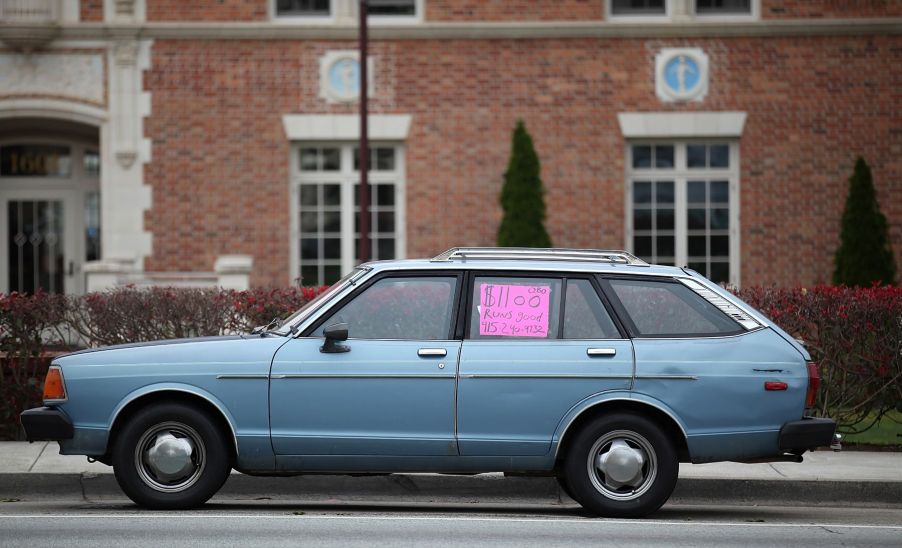
What Happens if You Accidentally Buy a Stolen Car?
For the most part, car buying is an enjoyable experience. You start by researching thoroughly to find the perfect car for your lifestyle, sign some papers, and finally get to drive it home. Even if you go into a dealership with no expectations, a few fun test drives can help you decide.
The only thing that can sour that joy is finding out you purchased a stolen car. While you’re usually safe purchasing a vehicle from a dealership, a private sale is slightly riskier. If you accidentally bought a stolen car, here are a few ways to handle the situation.
What happens to stolen cars and their buyers?

According to DirtLegal, most people discover they have a stolen vehicle when they take it to the DMV. This is often because they’ve purchased a car without a title and need a new one. When this happens, your name won’t match the name registered to the VIN, leaving DMV employees no choice but to call the cops.
The police will probably arrest you immediately if you’re pulled over with no title and mismatching VINs. If you find out the vehicle was stolen on your own, don’t attempt to keep or resell the car. Eventually, the police will find you and charge you with evading punishment and possession of stolen property. As for the vehicle, it will likely be impounded and returned to its previous owner.
What are your next steps if you accidentally bought one?
According to Medium, even the most careful buyers can get duped by fake titles and IDs from the sellers. If you discover the vehicle was stolen, report it to the police immediately. If you come forward with proof of the fraud, such as a bill of sale, they’ll be more inclined to hear you out. However, it’s more likely you’ll need a lawyer to get you out of any charges or jail time.
How to avoid purchasing a stolen car
Autolist says there are plenty of ways to prevent fraud when buying a stolen car. A reputable seller will have the car’s VIN posted on the dashboard or the driver’s side door. You can run that number on the National Insurance Crime Bureau’s website to ensure it hasn’t been reported as stolen.
If you want to be extra cautious, you can check the vehicle’s history report to find the car’s current owner. It should match the private seller or dealership’s name. Insurance companies also have a database of stolen vehicles but usually only disclose their contents to current customers. Most reputable sellers will supply you with the vehicle’s service records, which should match the car’s VIN.
CarProUSA also warns that some cars are more likely to be stolen, especially the Toyota Corolla or Camry. The Ford F-150 and Honda Civic are also top picks for thieves, as well as GMC and Ram trucks. Vehicular theft is also on the rise as a whole, up by over 9% from last year.
VIN stickers are easily faked, so always run the numbers before you commit to buy the car. It’s a huge red flag if the seller tries to discourage you from running the VIN or refuses to provide one. Scammers are usually in a big hurry to sell their stolen cars, so don’t fall for any significant discounts.
Just as you would get a receipt on any other expensive purchase, request a bill of sale from the seller. Ask them to provide their real name, address, and the cost of the car. Politely ask to see their driver’s license to make sure the info checks out. It might seem invasive, but an honest seller should have no qualms about providing that information.


